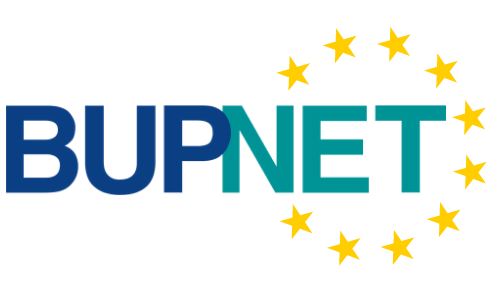Non-homogenous hybrid experience
Some research showed that 70% of remote employees said that it is difficult to participate in a conversation on a video call. 72% of them find it tough to identify who is speaking, while 62% say the whiteboard being used in the discussion is not visible. This is just a simple example of how different the experience could be even for 2 employees joining a meeting online. Another example of non-homogenous hybrid experience is the opportunity to spend more time and have informal talks with the leaders if you’re working from the office or take advantage to be the first one to take an interesting task or project.
Internal and not communicated conflicts
Online environment makes it harder to communicate in general and when it comes to conflict, communication at distance makes it so much easier to remain the conflict unresolved, hide your thoughts and emotions. Creating a safe zone, without judgment, psychologically safe is crucial to ensure an open communication takes place. Having a healthy conflict is important for building a healthy team. Employees should feel comfortable with such conversations and also feel the support from their managers in this context.
Inconsistent Decision-making process
Having half of the team working on-site and the other – online is something most of the managers never faced before and so a new guideline and procedure to follow when making a decision is required. Otherwise the risk of neglecting someone, not communicating with everyone involved or solo decision-making.
Different time zones
Working in a team located in different time zones before was possible mainly thanks to the emails. Nowadays it’s possible and more efficient to meet the team virtually. Make sure everyone feels comfortable with the selected date and time for the meeting so everyone feels respected and valued.
Work Cannibalisation
A colleague working from the office can take advantage of the situation and choose first the best project or tasks. Another situation is when the team leader takes the credit or poaches a junior member’s work. Or the situation where the collaboration on a common project is not working well and team members are swiping the tasks between each other.
If you want to find out more, take a look at the PROSPER training modules.

